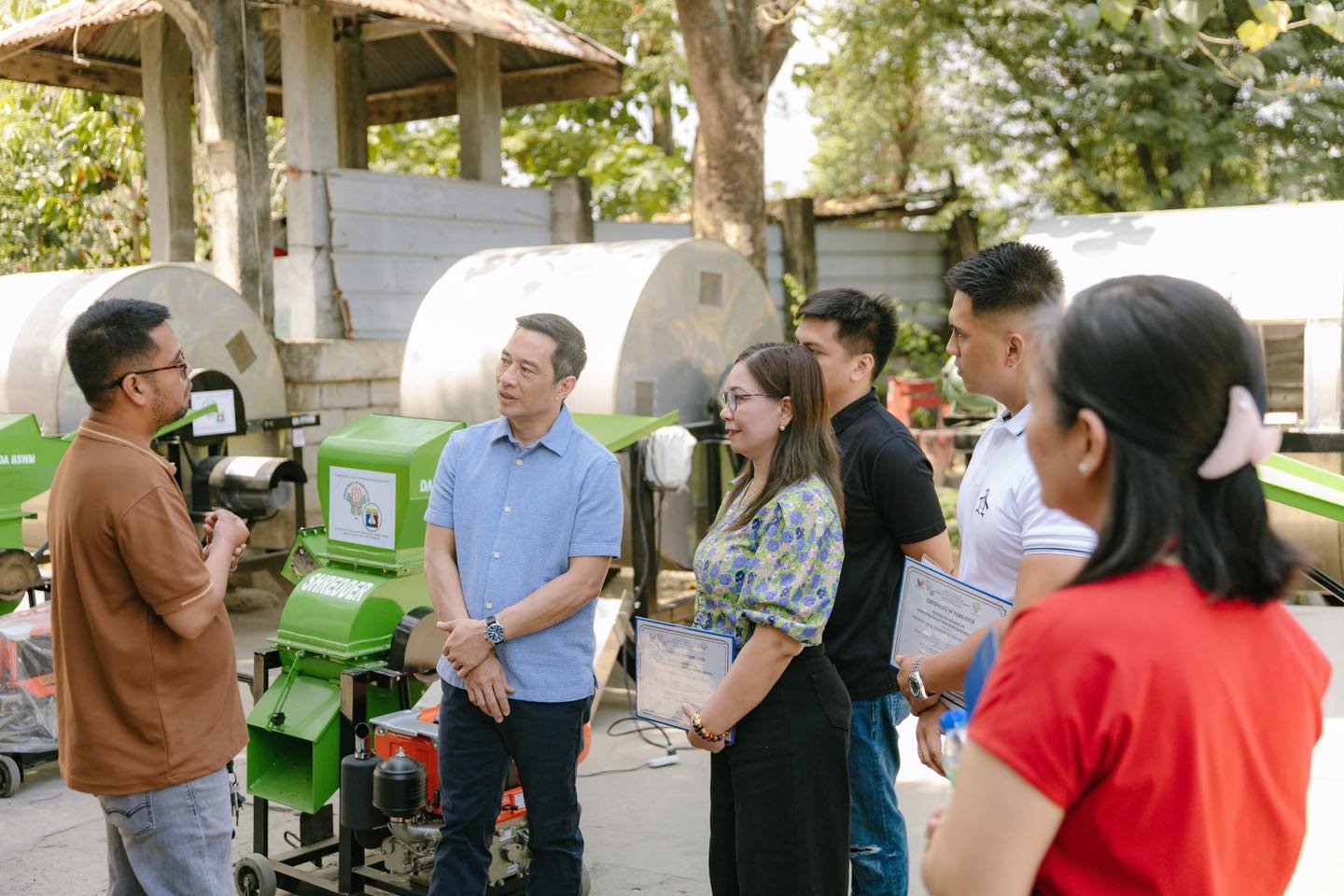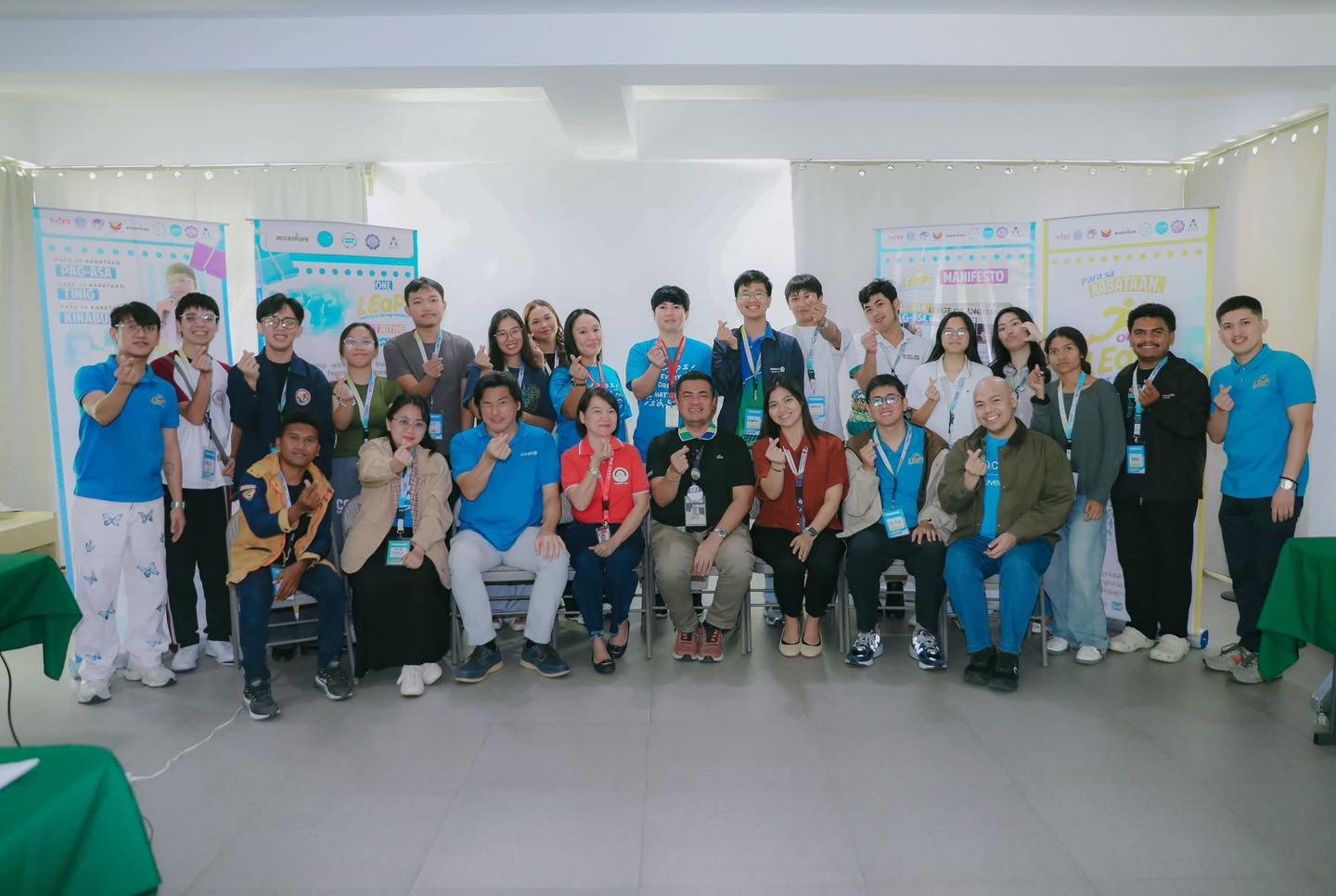The Department of Health (DOH) Central Luzon Center for Health Development (CLCHD) is promoting adolescent immunization to protect young individuals aged 10 to 19 from various vaccine-preventable diseases. This initiative aligns with the observance of National Adolescent Immunization Month.
DOH CLCHD Adolescent Health and Development Program Medical Officer Divina Rae San Diego-Bermudez emphasized that adolescent immunization is necessary to catch up on recommended immunizations, boost waning protection, and provide primary doses specific to this age group.
She noted that the vaccines recommended for adolescents include Tetanus-diphtheria (Td) or Tetanus-diphtheria-acellular pertussis, Influenza, Measles-Mumps-Rubella (MMR), Varicella, Inactivated Hepatitis A, Human Papillomavirus (HPV), and Japanese Encephalitis.
Under DOH’s National Immunization Program, MMR, Td, and HPV vaccines are currently available for adolescents.
Bermudez explained that, under this program, the first dose of MMR and Td vaccines is administered to grade one students or children aged six to seven, while the second dose is given to grade seven students or adolescents aged 12 to 13.
The first dose of the HPV vaccine, on the other hand, is administered to female grade four students aged nine to 14, while the booster dose is given six months after the initial dose.
Bermudez assured that these vaccines provided under the program are tested, safe, high-quality, effective, and free.
“Our vaccines are well-studied and approved by the [World Health Organization]. They are safe and very effective in preventing complications, as well as in protecting vulnerable populations from getting infected with the said illnesses,” she reiterated.
DOH continuously encourages parents and guardians to visit the nearest health centers and take advantage of the free vaccines provided by the government, which can be costly in private clinics, to safeguard adolescents’ health from vaccine-preventable diseases.
Additionally, the agency addresses vaccine hesitancy among adolescents and their parents or guardians through partnerships with local health offices and health promotion units.
Strategies include conducting surveys to understand the reasons behind hesitancy, organizing focus group discussions, and increasing education efforts in schools and communities.
Furthermore, Bermudez mentioned that efforts to revive school-based immunization programs are underway, with plans to collaborate with the Department of Education for a rollout within the year.
For more information on available vaccines and immunization schedules, the public is advised to visit the nearest health center in their respective areas. (PIA Region 3-Nueva Ecija)














